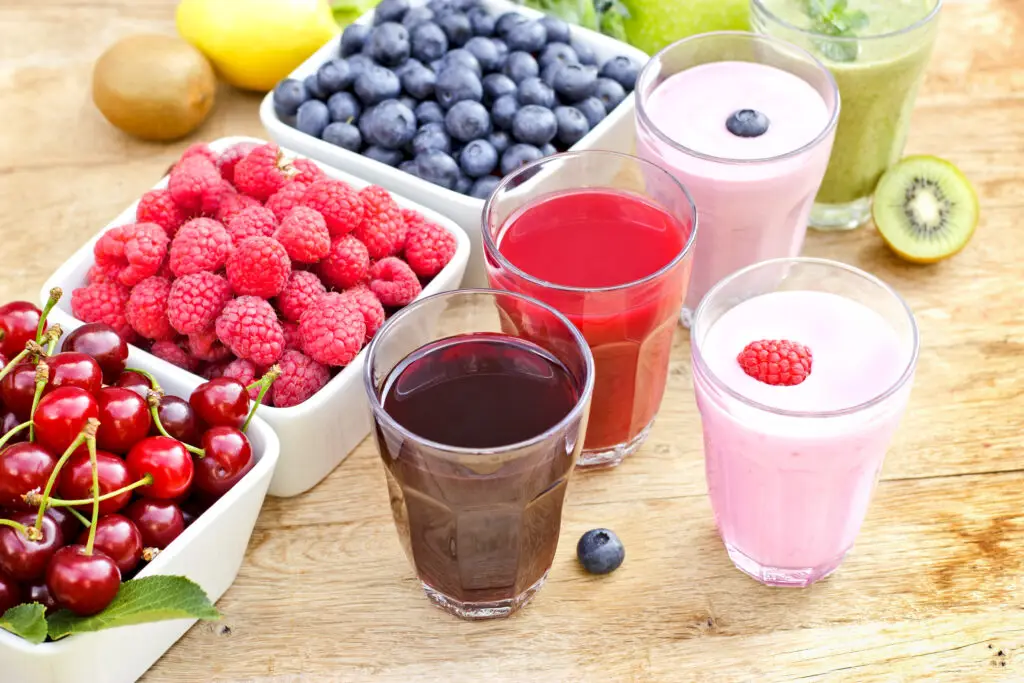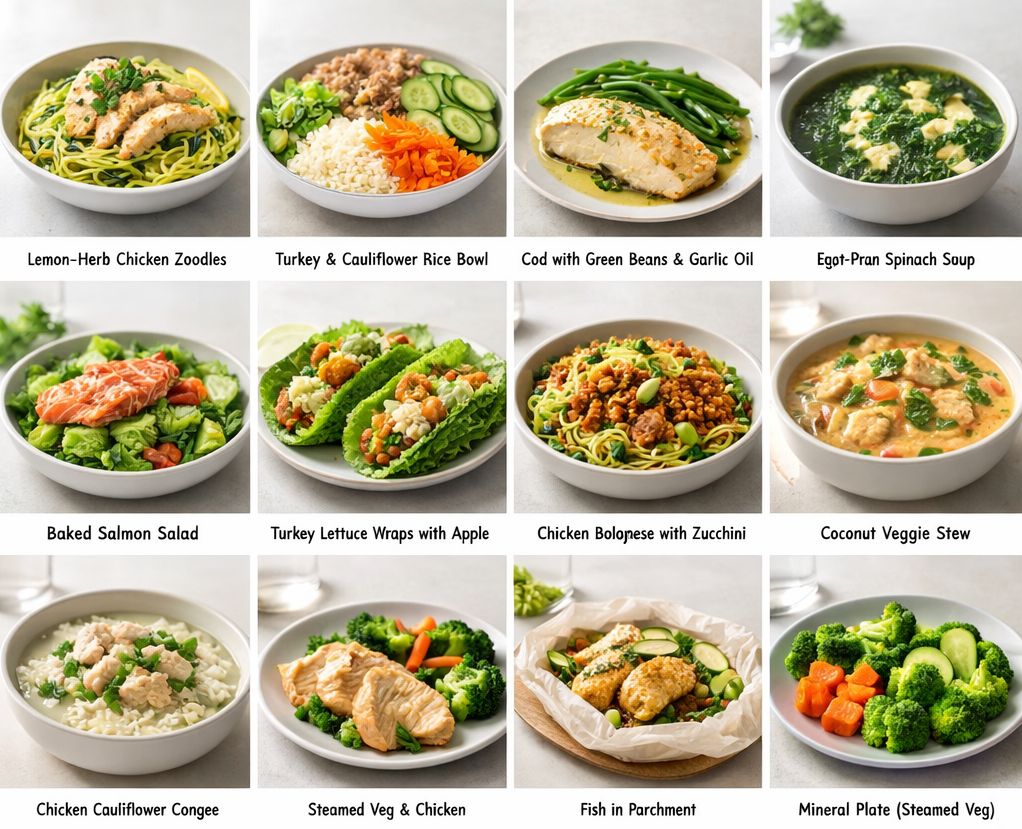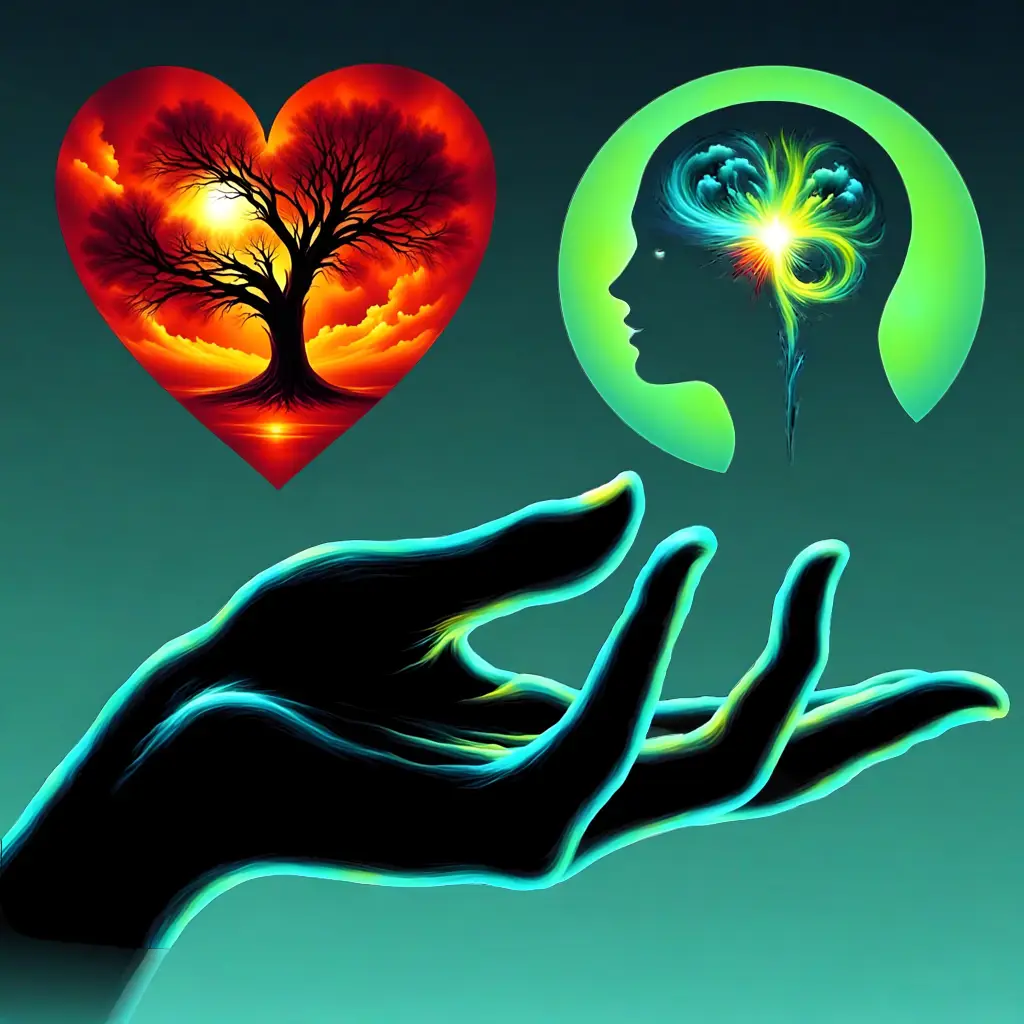Dietary & Medical Requirements for Psychedelic Retreats
Your safety is our highest priority. Plant medicines such as Ayahuasca, Psilocybin, and San Pedro (mescaline) can catalyze profound transformation — but they also interact strongly with certain medical conditions, medications, and dietary factors. This page explains who should not take Ayahuasca, why some combinations can be lethal, how psilocybin or mescaline may offer safer alternatives, and the specific dietary requirements that protect your health before and after a retreat.
⚠️ This Can Kill You
Combining Ayahuasca with certain medications or conditions can be lethal. These risks are not always understood even by doctors. Please take this seriously.
- SSRIs (antidepressants) — risk of fatal serotonin syndrome.
- MAOIs (monoamine oxidase inhibitors) — extreme blood pressure spikes, stroke, or death.
- High blood pressure or heart conditions — risk of heart attack or stroke.
- Stimulants (cocaine, amphetamines, MDMA, diet pills) — hypertensive crisis, seizures, death.
- Severe psychiatric illness (psychosis, bipolar) — high risk of destabilization.
If you are on any prescription medication, please disclose it. Do not stop medication suddenly — always consult your doctor. If Ayahuasca is unsafe for you, psilocybin or mescaline may still be possible alternatives with fewer contraindications.
Ayahuasca vs. Psilocybin vs. Mescaline
Ayahuasca
- Contains MAOIs + DMT
- ⚠️ Dangerous with SSRIs, stimulants, high blood pressure
- Deep purging & emotional release
- Long safety preparation required
Psilocybin (Mushrooms/Truffles)
- Serotonergic, no MAOIs
- ⚠️ Still unsafe with SSRIs but generally lower risk
- Gentler on the body
- Equally effective for depression, trauma, existential growth
San Pedro / Mescaline
- Heart-opening, long duration
- Milder contraindications than Ayahuasca
- ⚠️ Not suitable with strong heart conditions
- Excellent for nature-based, connective work
Psychedelics and SSRIs
All classic psychedelics — Ayahuasca, Psilocybin, LSD, San Pedro — act on the serotonin system. Combining them with SSRIs can block their effects, or worse, cause serotonin syndrome (potentially fatal).
Science now shows that psilocybin and LSD are just as effective as Ayahuasca in treating depression, trauma, and existential distress, with fewer medical risks. If Ayahuasca is unsafe for you, there may still be a safe alternative.
Dietary & Medication Requirements
Diet and medication safety are critical when preparing for Ayahuasca. Certain foods and prescriptions interact dangerously with the MAOIs in Ayahuasca. Never stop medication without consulting your prescribing doctor.
2 Weeks Before Retreat
- No pork, red meats, or sausages
- No fermented foods (kimchi, sauerkraut, kefir)
- No aged cheeses
- No nuts
- Reduce caffeine, alcohol, and processed foods
3 Days Before Retreat
- No alcohol, drugs, caffeine
- No heavy meats, fats, or fermented foods
- No overripe bananas or avocado
- No nuts, seeds, or chocolate
- No herbal stimulants (ginseng, St. John’s Wort)
- No sexual activity
During & After Retreat
- Keep diet clean and simple for 3 days after
- Avoid pork, alcohol, and psychoactive substances
- Hydrate well, eat fresh fruits, vegetables, grains
- Consider gentle practices (yoga, meditation)
⚠️ Medications to Stop (Doctor Guidance Required)
The following medications are dangerous or lethal in combination with Ayahuasca. If you are taking any of these, you must consult your prescribing doctor before making changes:
- SSRIs (antidepressants): fluoxetine (Prozac), sertraline (Zoloft), citalopram (Celexa), escitalopram (Lexapro), paroxetine (Paxil)
- SNRIs: venlafaxine (Effexor), duloxetine (Cymbalta), desvenlafaxine (Pristiq)
- Tricyclic antidepressants: amitriptyline, imipramine, nortriptyline
- MAOIs: phenelzine (Nardil), tranylcypromine (Parnate), isocarboxazid (Marplan)
- Stimulants: amphetamine salts (Adderall), methylphenidate (Ritalin, Concerta), cocaine, MDMA, diet pills
- Antipsychotics: haloperidol, risperidone, olanzapine, quetiapine, clozapine
- Other risky drugs: lithium, tramadol, dextromethorphan (cough syrups), migraine meds (triptans)
Stopping some of these suddenly can be dangerous. Always taper under medical supervision. If stopping is not possible, psilocybin or mescaline-based retreats may be a safer alternative.
What to Eat Before Your Retreat
Building a strong, stable body is just as important as avoiding the wrong foods. We recommend balanced, nourishing meals — not fasting, dieting, or radical changes. Arriving in a grounded, well-fed state helps your body process the medicine with clarity and resilience.
🥗 Mediterranean Salad with Cottage Cheese
A fresh salad with cucumber, tomato, leafy greens, olive oil & lemon, topped with cottage cheese for protein.
🍳 Veggie Omelet with Herbs
Eggs with spinach, mushrooms, zucchini, and fresh parsley. Cook gently in olive oil for an energizing breakfast or lunch.
🐟 Steamed Fish with Vegetables
White fish (like cod or hake) steamed with carrots, broccoli, and green beans. Light, clean, and rich in protein.
🥕 Chicken & Vegetable Stir-Fry
Skinless chicken breast sautéed with colorful bell peppers, carrots, and snap peas. Season lightly with ginger and herbs (no soy sauce).
🍠 Roasted Sweet Potatoes with Cottage Cheese
Oven-roasted sweet potatoes served with a dollop of cottage cheese and fresh herbs. Satisfying and grounding.
🍇 Fresh Fruit Bowl
Seasonal fruits such as apples, pears, melons, and berries. Add cinnamon or a drizzle of honey for flavor.
🥒 Simple Lentil & Veggie Soup
A light broth with lentils, carrots, celery, and zucchini. Gentle, nourishing, and easy to digest.

Do Eat vs. Don’t Eat Before Your Retreat
✅ Do Eat
- Fresh fruits (apples, pears, melons, berries)
- Fresh vegetables (leafy greens, zucchini, carrots, broccoli)
- Chicken and turkey (skinless, grilled or baked)
- White fish (cod, hake, tilapia, steamed or baked)
- Eggs (boiled, omelet, scrambled in olive oil)
- Cottage cheese (mild, non-fermented)
- Whole grains (rice, quinoa, oats)
- Sweet potatoes and root vegetables
- Olive oil, fresh herbs, lemon
❌ Don’t Eat
- Red meats (beef, lamb, pork)
- Cured meats (ham, salami, bacon)
- Aged or cured cheeses
- Fermented foods (kimchi, sauerkraut, kefir, soy sauce)
- Nuts and seeds
- Overripe bananas or avocado
- Caffeine, alcohol, recreational drugs
- Artificial sweeteners and processed foods
Ayahuasca Diet Recipes – Your Ayahuasca Cook Book
Preparation matters. To make the diet phase simple (and actually enjoyable), we created a practical cookbook with ayahuasca diet recipes designed for the preparation window before ceremony.
You’ll find meal ideas that are retreat-friendly, easy to follow, and aligned with classic ayahuasca dieta principles we use in our programs.
Open the Ayahuasca Diet Recipes →
Frequently Asked Questions About Psychedelics
How do psychedelics work in the brain?
Classic psychedelics such as psilocybin, LSD, mescaline, and DMT primarily act on the brain’s serotonin 2A receptor (5-HT2A). This increases cortical activity, weakens the brain’s “default mode network” (DMN), and allows normally separate brain regions to communicate more freely. The result is greater neuroplasticity, heightened sensory perception, and a temporary “loosening” of rigid patterns of thought and behavior.
Are psychedelics safe?
Psychedelics are physiologically low in toxicity compared to alcohol or opioids, and they are not addictive. However, safety depends on context. Risks include psychological destabilization (e.g., in those with psychosis or bipolar disorder), dangerous interactions with medications (SSRIs, MAOIs, stimulants), and poor set & setting. With proper screening, professional support, and safe environments, psychedelics have one of the best safety profiles in medicine.
What’s the difference between Ayahuasca, Psilocybin, and Mescaline?
Ayahuasca: A tea made of DMT-containing plants plus MAOIs. Deep, intense, with strong purging
effects and many medical contraindications.
Psilocybin: Found in mushrooms and truffles. Gentler on the body, shorter duration, highly effective
in clinical trials for depression, anxiety, and addiction.
Mescaline (San Pedro, Peyote): Long-lasting (10–14h), heart-opening, expansive, often combined with
nature-based practices. Fewer drug interactions than Ayahuasca, but still not suitable for serious heart conditions.
Do psychedelics cause brain damage?
No. Unlike alcohol or methamphetamine, psychedelics are not neurotoxic. In fact, animal and human studies suggest they promote neuroplasticity — the brain’s ability to form new connections. However, unsafe use (especially without integration) can cause psychological harm or trigger underlying mental illness.
Can psychedelics treat depression and trauma?
Yes. Psilocybin and MDMA have shown strong results in Phase III clinical trials for depression and PTSD. Ayahuasca studies show rapid antidepressant effects as well. These medicines seem to “reset” brain circuits, reduce rumination, and enhance openness — but integration work is essential for lasting change.
Are psychedelics addictive?
Classic psychedelics are not physically addictive. They do not cause withdrawal or compulsive use. In fact, tolerance builds quickly, making daily use ineffective. However, psychological dependence on the experience can occur if people chase visions without doing the integration work.
What about microdosing?
Microdosing (sub-perceptual doses of LSD or psilocybin) has become popular, especially for focus, mood, and creativity. Evidence is mixed: anecdotal reports are positive, but clinical trials show smaller effects than expected. Microdosing is generally safe, but interactions with SSRIs and stimulants are still a concern.
Do psychedelics change your personality permanently?
Research suggests psychedelics can increase traits like openness, empathy, and connectedness, often lasting months or years. However, without integration, these shifts may fade. Psychedelics are not a magic fix — they create a window for change. Long-term results depend on lifestyle, support, and ongoing practice.
Science vs. Myth
❌ Myth
Ayahuasca is the most powerful and therefore the best psychedelic for healing.
✅ Science
Clinical trials show psilocybin and LSD are just as effective as Ayahuasca for depression and trauma, with fewer medical risks.
❌ Myth
Psychedelics cause brain damage or holes in your brain.
✅ Science
Research shows psychedelics are not neurotoxic and may actually promote neuroplasticity — the brain’s ability to rewire and heal.
❌ Myth
Psychedelics are addictive like other drugs.
✅ Science
Classic psychedelics are non-addictive. They do not cause withdrawal and tolerance develops quickly, discouraging daily use.
❌ Myth
The more ceremonies you do, the faster you heal.
✅ Science
Healing depends on integration, not the number of ceremonies. Psychedelics open a window, but lifestyle and support create lasting change.
